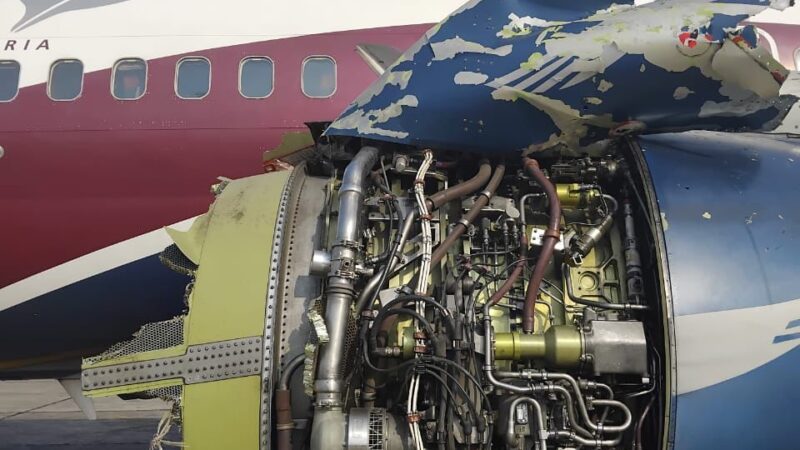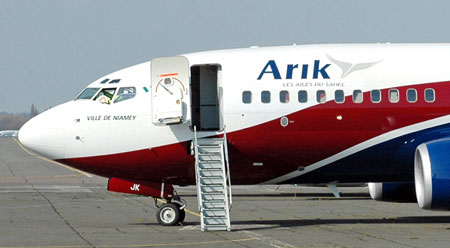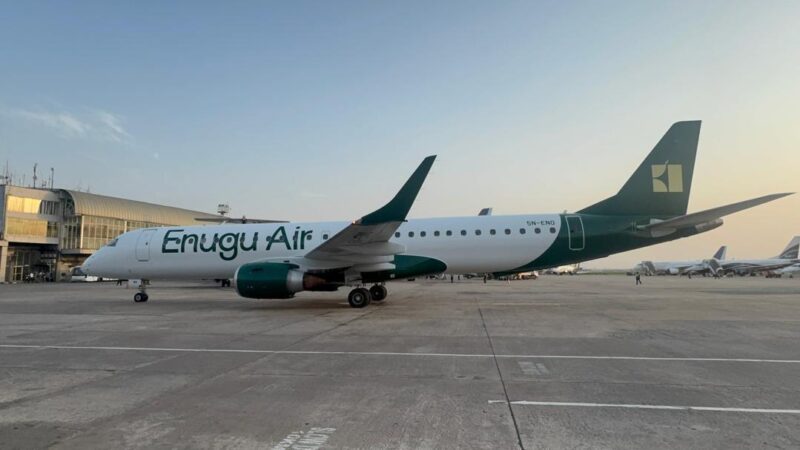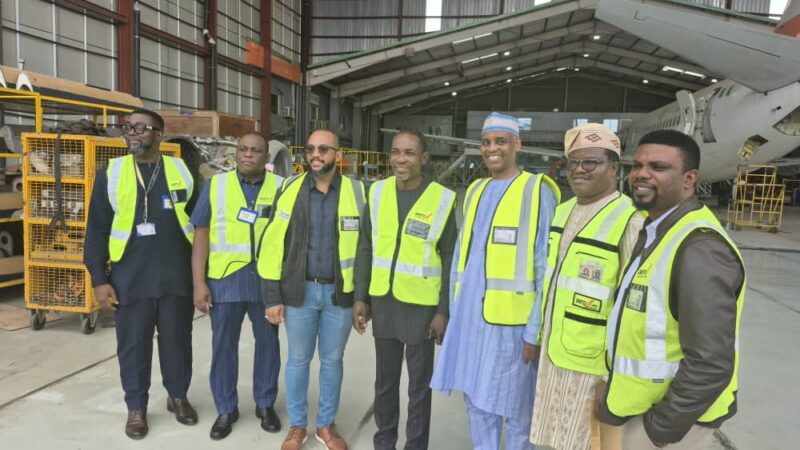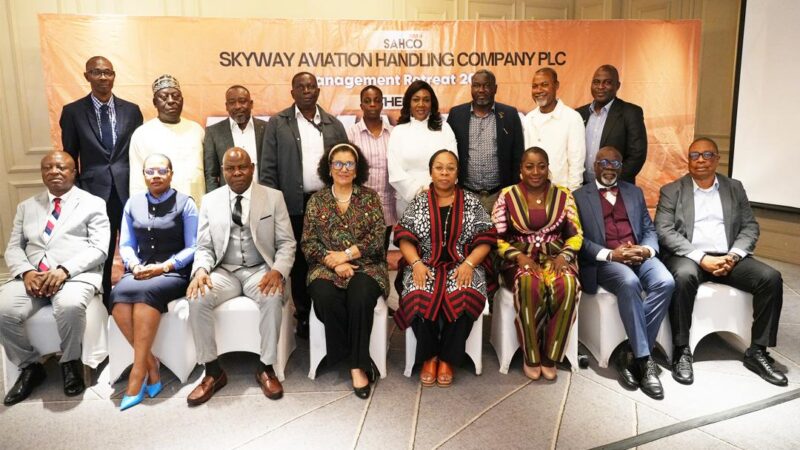Regulate AOC issuance to create market for indigenous MROs, Caulcrick advises NCAA
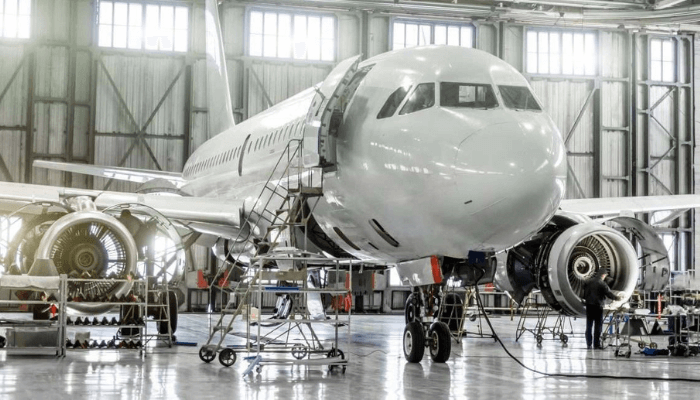
Former Rector of the Nigerian College of Aviation Technology (NCAT), Capt. Samuel Caulcrick has said formulation of deliberate policies to regulate the issuance of Air Operator Certificates (AOC) will “naturally create a market” for indigenous Maintenance, Repair and Overhaul facilities.
In a recent interview with aviation correspondents in Lagos, Caulcrick said the absence of major indigenous MROs has put Nigeria’s economy at a disadvantage, as airlines spend millions overseas on scheduled aircraft checks and repairs.
According to him, “instead of the airlines to save what they earn in Nigeria” by patronizing indigenous MROs, they exchange the nation’s currency into dollars at high rates to embark on maintenance checks overseas, a situation that drains the nation’s economy through capital flight, stifles the forex market and takes jobs off the table for locals.
To reverse this trend, Caulcrick called on the Federal Government to create policies that protect indigenous MROs with a view to reducing pressure on the naira, creating avenues for taxes to revamp the economy and creating jobs for citizens by allowing the MRO market to flourish.
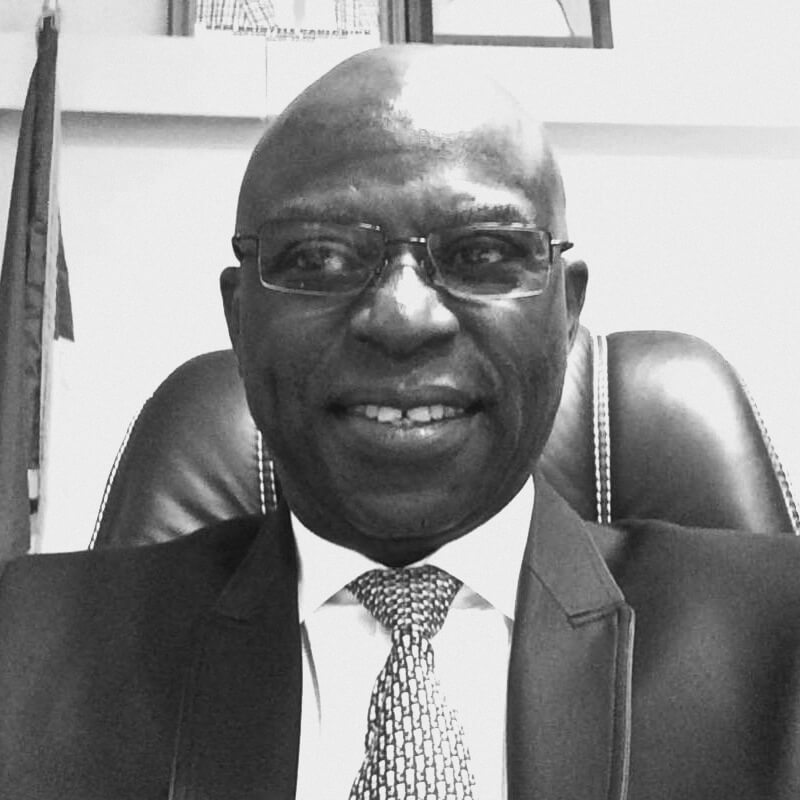
“This can be done through policy. For instance, NCAA can say it would not renew an existing AOC or issue an AOC to an intending operator without a local MRO identified in the application form. The government can give them a timeline because this could take up to three years to accomplish.
“Once you do that, just leave the rest to the private investors because they know there is an investment created for them. Once an investor knows that his business is being protected, then he will be willing to invest in the industry.
“They can then approach a bank to seek a loan. That is how you create a market – you create a market through policy. A policy will naturally create a market. That is how China developed today; it’s through policy and law,” said Caulcrick.
He also disclosed that the quality of work by MRO owners, both foreign and indigenous, is determined by a regulatory framework stipulated by the International Civil Aviation Organisation (ICAO), which allows for uniformity in every country.
“The MRO is a regulated environment; it means the way they will do it in Washington, UK, France, Accra and others, is the same way they will do it here because, in aviation, we do everything according to the books. Each regulatory body must supervise that maintenance.
“So, when it comes to quality, it doesn’t matter where that maintenance is carried out, it would be according to what the manufacturer and ICAO stipulated,” he added.
On other issues bedevilling the industry, Caulcrick acknowledged that the government has done well in putting a policy in place “to relieve the operators on the exemption of customs duties on the importation of aircraft and spare parts; that is a huge success.”
He, however, advised that the government get involved in the fuel crisis with volatility buffers that will take the burden off the airlines.
One of such buffers, according to Caulcrick, is that the government can take from the reserve of Jet A1 provided for the Air Force to save the commercial sector during scarcity.
“When it comes to Jet A1, the government doesn’t want to get involved, but I think the government should get involved in Jet A1, not as an importer. The government has a Jet A1 reserve for the Air Force because of security. So, the Air Force cannot rely on suppliers for Jet A1 to fly their jets. Government should be able to look into that reserve at times to save the commercial sector especially when the scarcity of the product is alarming or if there is a price hike and the government wants to subsidise it.
“The government can call the fuel marketers and buy the product from them and sell at a subsidised rate for the airlines. This is necessary because the government is taking money back from every airline that flies because the airlines are paying charges.
“Definitely with this, the government would make its money back because if they don’t fly, the government cannot make money. For every hour the airlines fly, the government gets some money too, which would have been zero if they don’t fly. So, the government has to be very flexible,” said Caulcrick.



